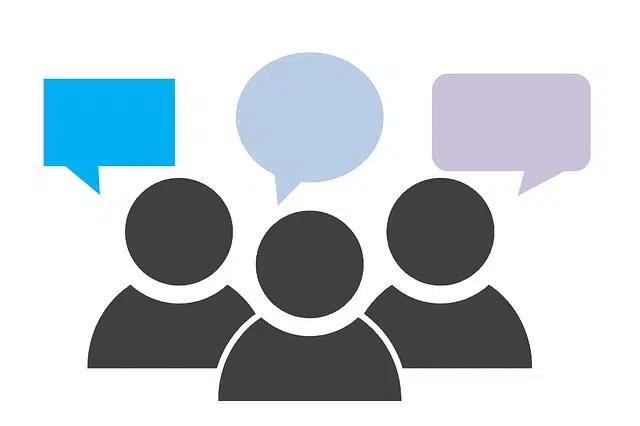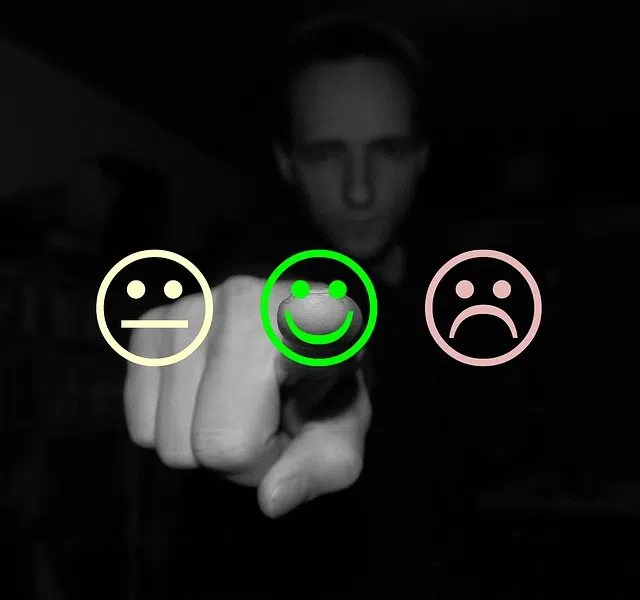
Different opinions coexist in society.
From the Latin opinio , an opinion is a judgment formed about something questionable. Opinion is also the concept we have about something or someone . For example: "In my opinion and despite certain criticisms, he is a great pianist," "Paula has a less than favorable opinion of my friends," "Manuel gave me his opinion about the problem and I think he is right."
Public opinion is known as the general estimate of a population about a given issue. Public opinion is somewhat abstract, since it can only be collected through surveys or similar work. The media are one of the main shapers of public opinion given that their treatment of current events affects the thinking of society: "The president has not listened to public opinion" , "Public opinion demands answers to the insecurity problems .
The opinion according to philosophers
For philosophy , opinion is a proposition where one does not have total confidence about the truth of knowledge. This assumes that the opinion admits the possibility of error since there is no full evidence. In this sense, opinion is considered a statement with less evidence of truth than a certainty.
Opinion, however, is usually associated with subjective judgments . The phrase "This car has four wheels" is not an opinion since it can be contrasted against the reality of the car. On the other hand, a phrase like "This is the best car today" is an opinion because it depends on what the speaker of said words expects from a car, their technical knowledge and a series of very personal issues.
Opinion in the Internet era
If we try to represent the concept of opinion in a very simple drawing, we could place two people in front of a product, each one issuing a different subjective judgment. Having understood this, it would be possible to study the possible consequences of such statements : ideological diversity can enrich us but also generate violent confrontations. This painting depicts a situation that could have taken place decades, or centuries ago, given that it is missing the element that modified all aspects of our lives: the Internet .

Product reviews published on the Web serve as guidance.
Until the early 90s, consumers were almost completely passive individuals who, like study subjects, unknowingly filled out the extensive and detailed pages of market analyses, tacitly communicating our needs and trends. Products of poor quality, poorly finished or even advertised with a deceptive strategy could be very successful, given that word of mouth is not faster than compulsive consumption.
Buy based on opinions
All that has changed, but is it a positive change? Nowadays, few people venture to make a purchase without first seeking opinions from other buyers; There always has to be a precursor, but generally they are people with a certain level of specific knowledge, which allows them to discern between a good opportunity and a fiasco. In any case, it is often the connoisseurs who, after clicking the "buy" button, write a useful review about their experience with the newly purchased product.
What could be wrong with this automated review system ? If a certain degree of objectivity is maintained, probably nothing. The problem occurs when one person claims that a product is "excellent" and the next person says that it is "junk." This is a constant on any website that offers the possibility of giving your opinion, and currently all of them offer it .
We are living in an era in which we can all publish our ideas about things and other people, regardless of whether we do so seriously and with reason, or simply to annoy and confuse readers. It is necessary that companies begin to moderate this activity, so that the fraction of useful information present in the comments can finally be used. Nintendo has done this with its social network (Miiverse), indicating whether or not users own the games they review; We can only hope that other companies follow in their footsteps.
